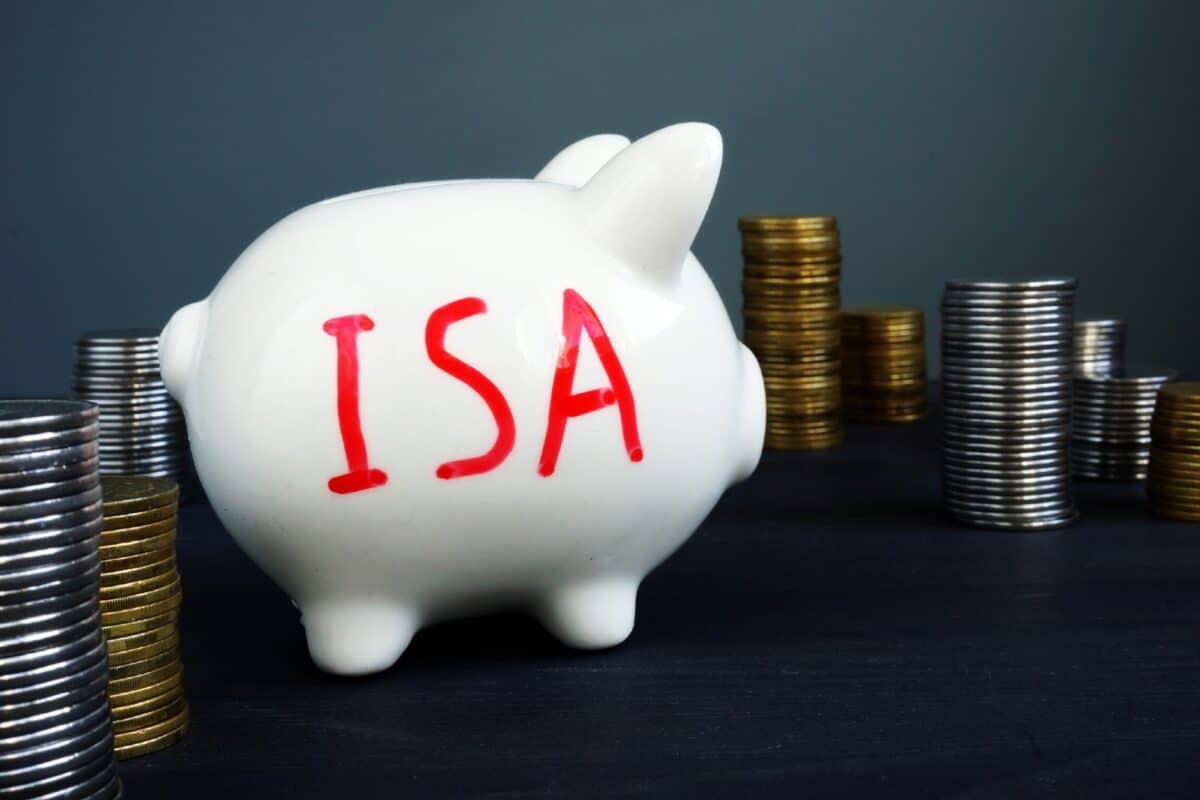Brits are chucking billions into Stocks and Shares ISAs. The latest data shows £34bn was funnelled into these accounts in 2021/22, up more than £10bn from three years before.
The Stocks and Shares ISA, a tax-free wrapper to buy the shares in companies, is getting so popular that, for the first time on record, the total cash deposits are higher than in Cash ISAs.
It seems more and more of us are waking up to this perhaps overlooked approach to making our money work for us.
Please note that tax treatment depends on the individual circumstances of each client and may be subject to change in future. The content in this article is provided for information purposes only. It is not intended to be, neither does it constitute, any form of tax advice. Readers are responsible for carrying out their own due diligence and for obtaining professional advice before making any investment decisions.
A bundle of cash
Why is this? It’s likely because buying shares has greater earning power than other investing avenues the average UK resident has available to them.
Savings accounts have offered less than 1% in recent years depending on what interest rates are doing.
Rental yields on a buy-to-let are a bit better, with 3%-6% being typical, but that’s not taking into account one-off outlays like a boiler packing in or not being able to find a renter.
Where else is there to park a bundle of extra cash? Not many places.
That’s why the Stocks and Shares ISA looks attractive with an average yearly yield of 9.46%.
That’s not a hypothetical, by the way, that’s the average 10-year return from all available ISA accounts.
Rainy day
Perhaps the real attraction is how this wealth builds over time. A £10k starting stake paired with £100 added each month could earn serious amounts.
Take the 9.64% return. There’s no guarantees, of course, but compound the cash for 30 years and it builds to a nest egg of £352,064!
A few hundred thousand makes a nice rainy day fund or could even buy a house outright, but the real magic is using it to earn a passive income.
Anyone who’s reached that figure might look at the big dividend-payers on the FTSE 100 like Lloyds (LSE: LLOY), a stock I own already.
The bank is forecast to pay a 5.9% dividend over the next 12 months. On that nest egg, it would be like a passive income of £20,771 each year.
That’s thousands of pounds zipped to me each month from Lloyd’s (or any other firm) earnings.
Would Lloyds be a good investment in general?
This is the key question, as there’s a lot more to investing in a company than a few pound signs. And the research involved might put savers off the Stocks and Shares ISA.
But for my money, Lloyds looks like one of the better FTSE 100 stocks.
The bank should benefit from elevated interest rates over the next decade which will keep margins weighty and earnings high.
The stock trades at 6.7 times earnings too, pretty low compared to years gone by.
But banking has struggled since 2008 and the threat of a similar crash has made the wider banking sector less popular with investors in the UK.
No surprises
And there isn’t a stock on the planet that’s sure to make money which might make the guaranteed return of a savings account look tempting.
On balance though, with chunky passive income streams up for grabs, the £34bn being thrown into Stocks and Shares ISAs doesn’t shock me.
It shouldn’t really as those billions even include my own (modest) contribution!








